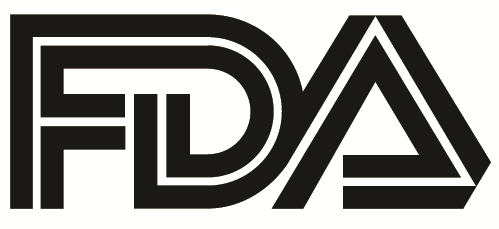FDA Approves Spiriva Respimat for Asthma in Children
The expanded indication was granted under the FDA's priority review program.

The US Food and Drug Administration (FDA) has expanded the approval for tiotropium bromide (Spiriva Respimat/Boehringer Ingelheim) to include the long-term once-daily maintenance treatment of asthma in individuals age 6 and older, according to the manufacturer of the inhaler, Boehringer Ingelheim Pharmaceuticals.
The expanded indication for the steroid-free long-acting muscarinic antagonist was granted under the FDA's priority review program. Along with the new indication, Spiriva Respimat also received pediatric exclusivity, which grants a six-month period of marketing exclusivity. The new approval adds to one received in September 2015 for Spiriva Respimat as a long-term, once-daily maintenance treatment for asthma in those age 12 and older.
"It is important for healthcare providers to identify and treat patients who may be taking a controller medicine, but who continue to experience uncontrolled asthma symptoms that can make it difficult to breathe and may even cause an exacerbation," Bradley E. Chipps, MD, Capital Allergy & Respiratory Disease Center, said in a statement. "As healthcare providers, we need options, like Spiriva Respimat, to consider as an add-on treatment to improve asthma symptoms for the broad age range of patients who may need more control."
The approval was based on findings from a phase II and a phase III clinical development program that explored Spiriva Respimat across more than 6,000 patients. For the recent expanded indication specifically, the approval was based on a 12-week and 48-week parallel-arm study of 804 children aged 6 to 11.
In the study, once-daily Spiriva Respimat was administered at 2.5 mcg (n = 271) or 5 mcg (n = 265) compared with placebo (n = 265). The trial enrolled those with severe asthma to a 12-week arm and those with moderate asthma to a 48-week group. The mean age of patients was 9.0 years and most were male (67.8%) and Caucasian (87%).
Spiriva Respimat at the 2.5 mcg dose improved the primary endpoint of change in FEV1 from baseline in the 48-week arm but not for the 12-week group. In the 48-week group, the mean differences in peak FEV1 between Spiriva Respimat and placebo was 0.17 L (95% CI, 0.11-0.23). In the 12-week arm, the difference was just 0.04 L (95% CI, -0.03 to 0.10).
In pooled findings from the adult trials, the most common adverse events reported with Spiriva Respimat were pharyngitis (15.9%), bronchitis (3.3%), sinusitis (2.7%), and headache (3.8%).
"This FDA approval expands the indication of Spiriva Respimat to a broad range of people, including children, adolescents and adults who may be experiencing uncontrolled asthma," Sabine Luik MD, senior vice president, Medicine & Regulatory Affairs, Boehringer Ingelheim Pharmaceuticals, Inc., said in a statement. "For nearly a century, Boehringer Ingelheim has been focused on addressing serious unmet needs. This approval is further evidence of our ongoing commitment to improving the lives of the patients we serve."
The FDA initially approved Spiriva Respimat in 2004 as a long-term, once-daily maintenance treatment for patients with bronchospasm that was associated with chronic obstructive pulmonary disease (COPD), and for reducing COPD exacerbations.